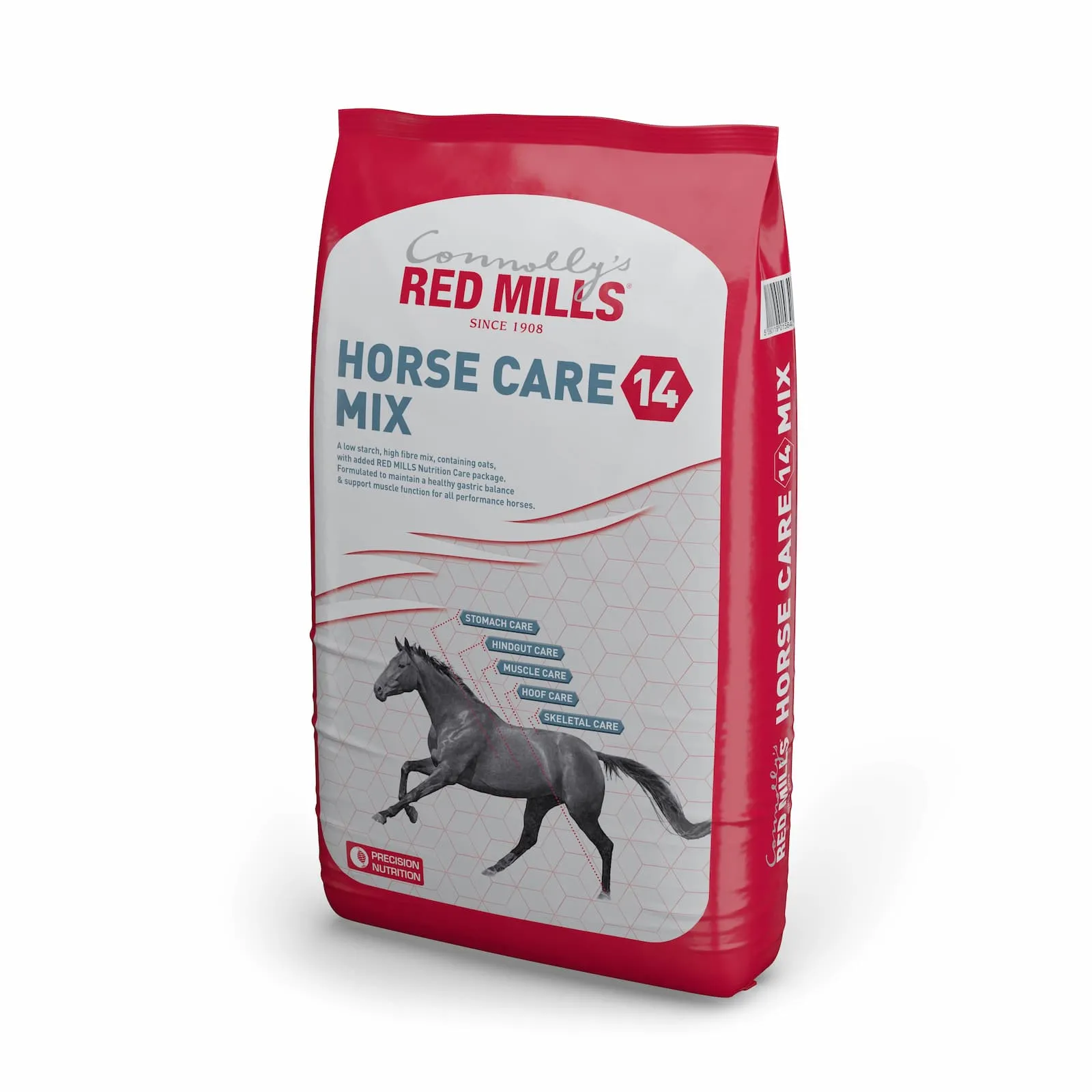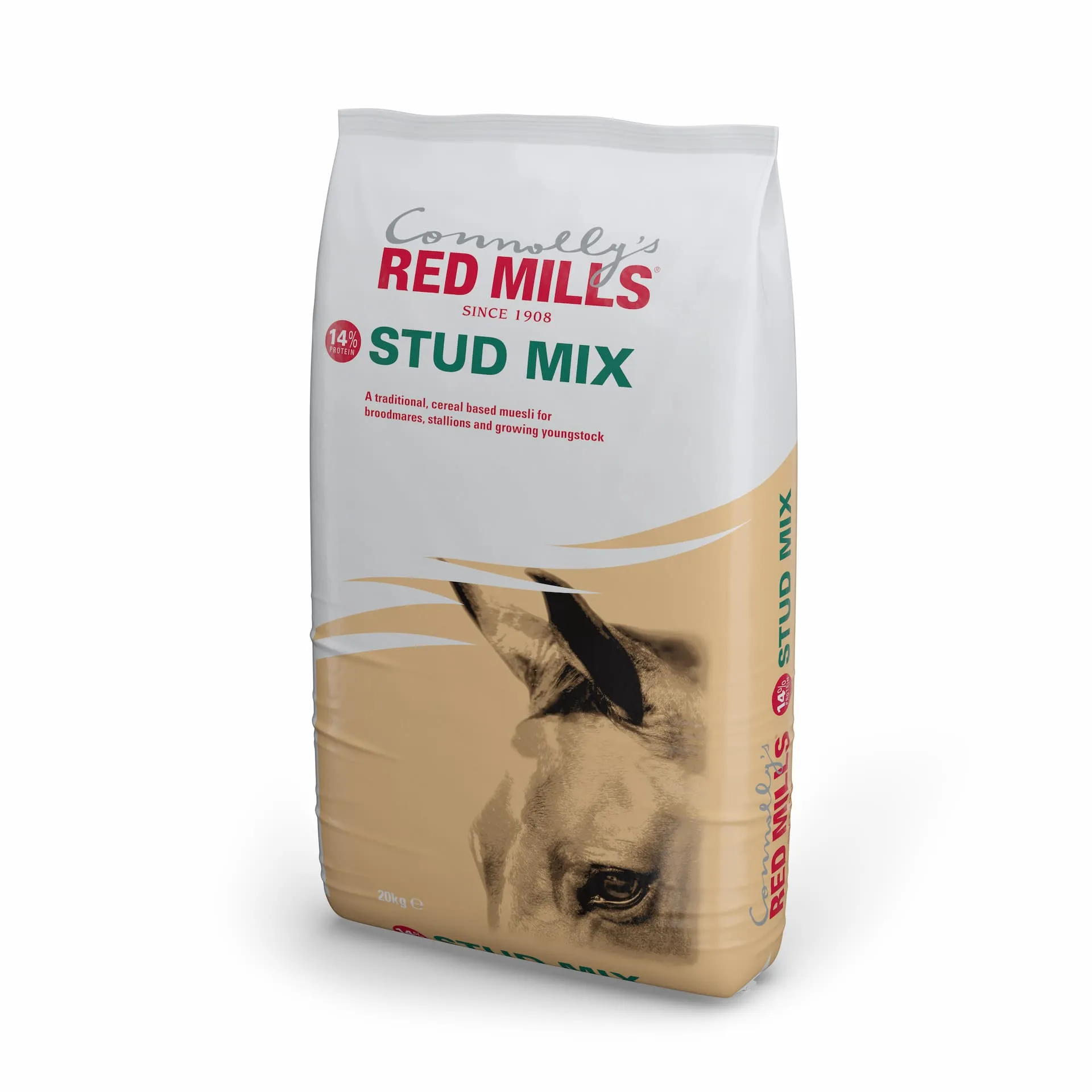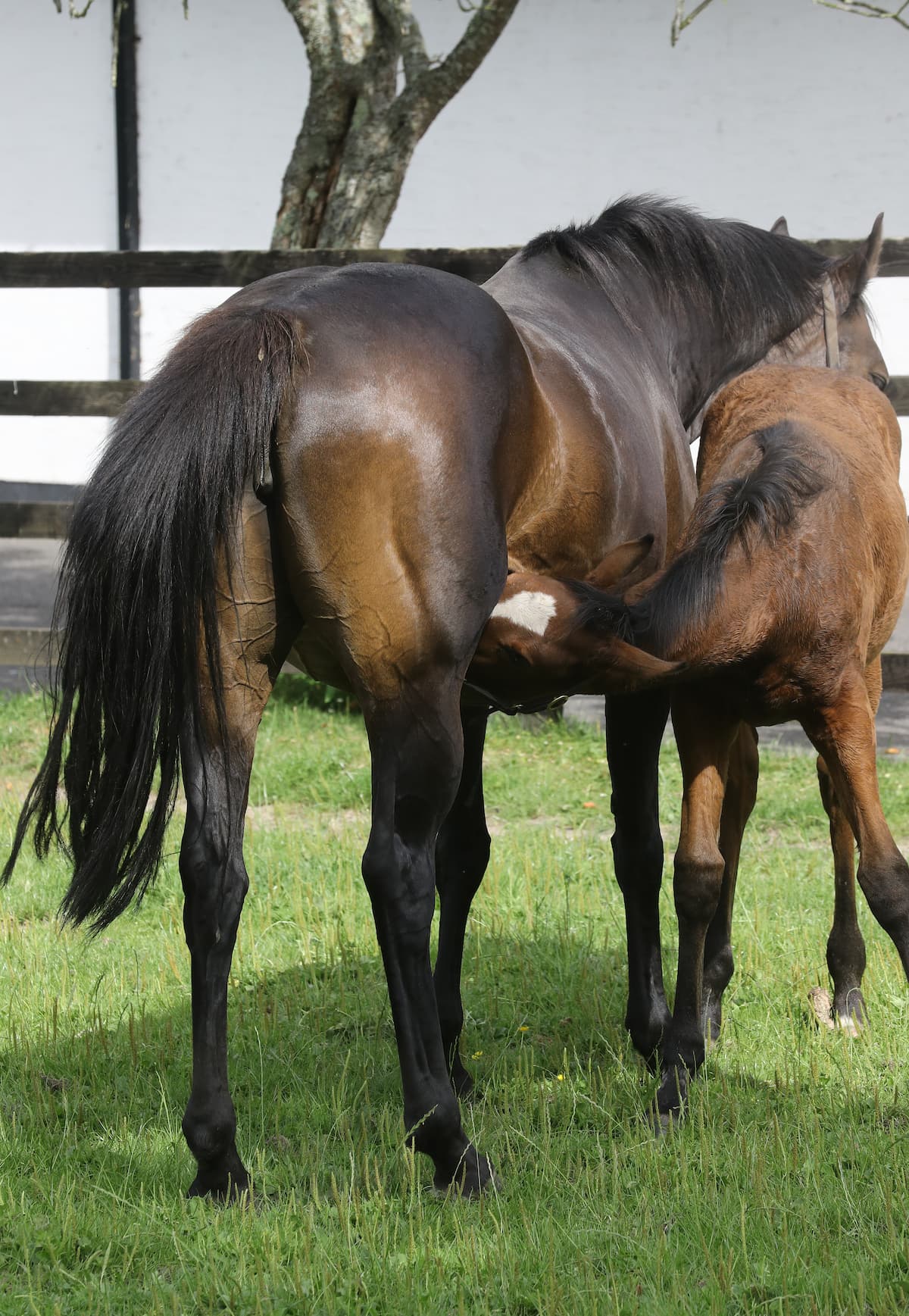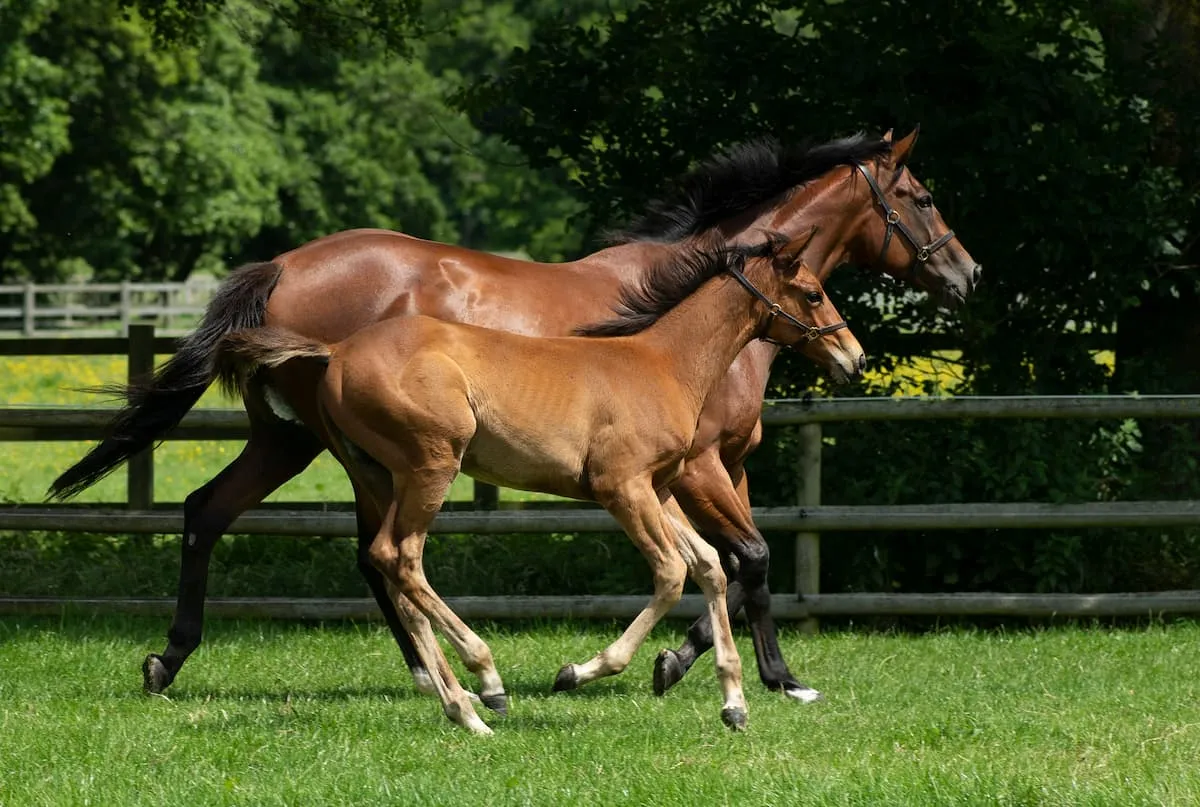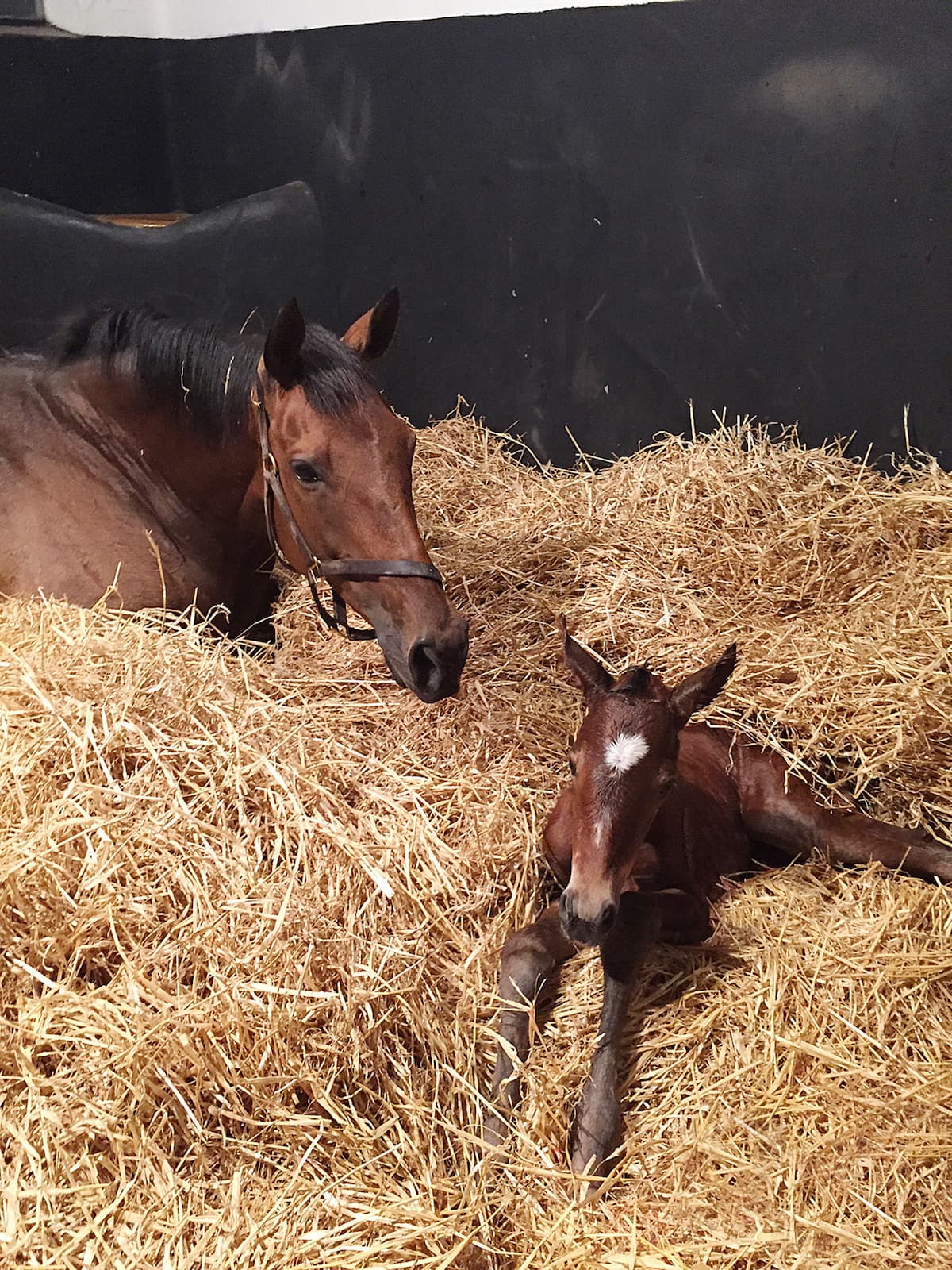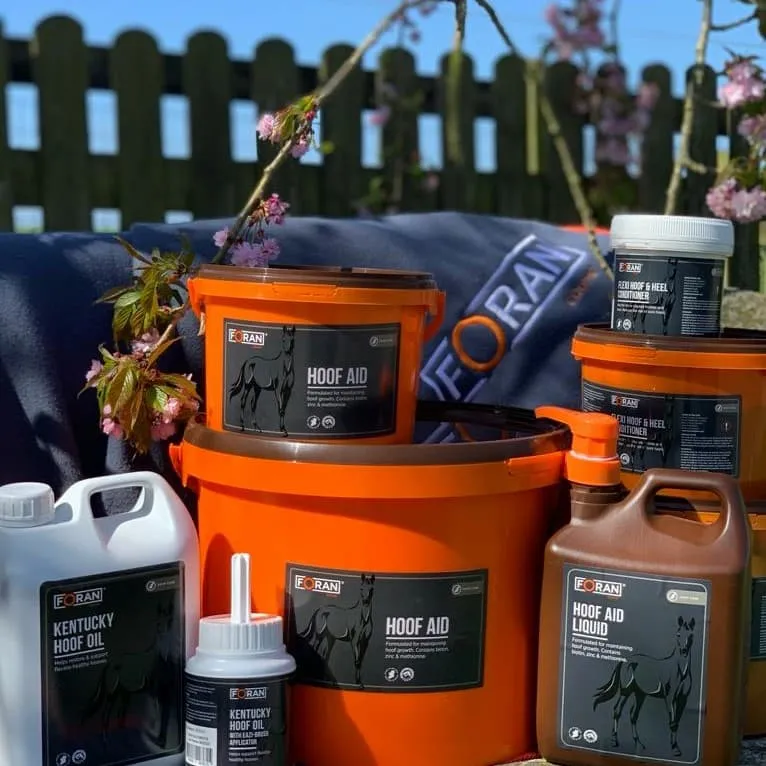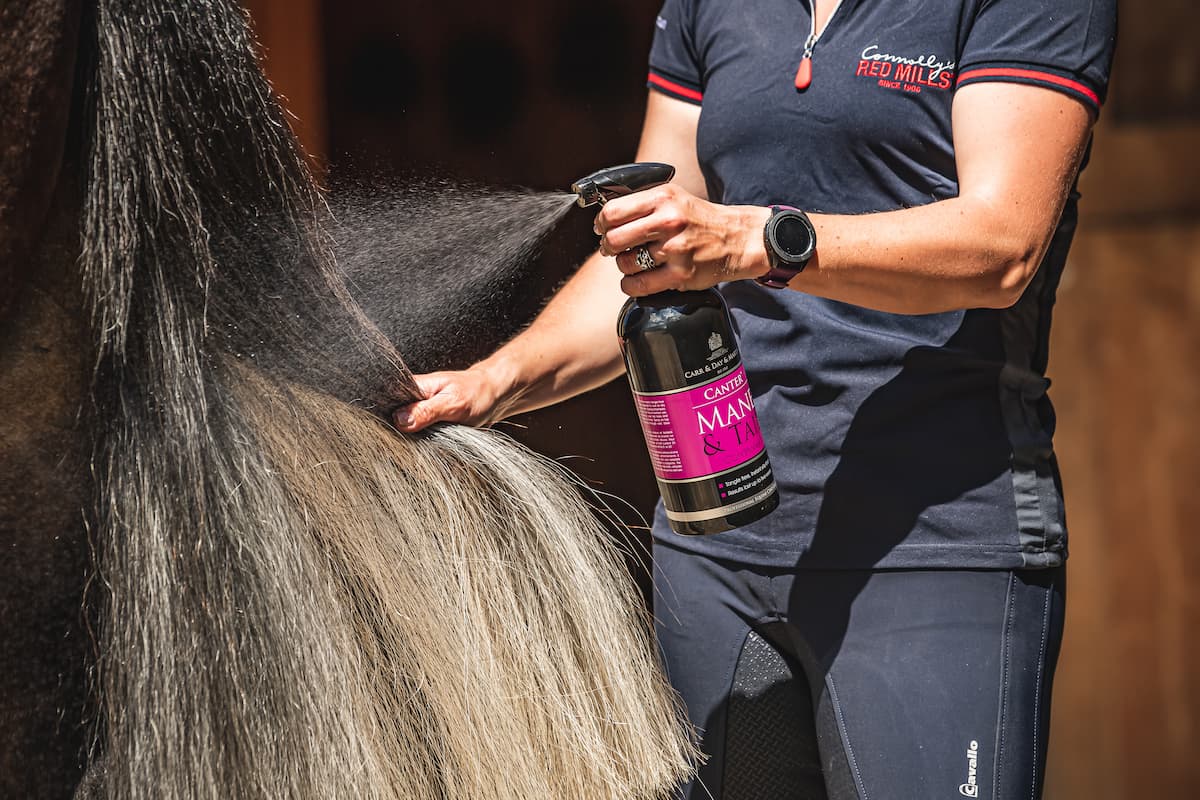Jan, 2019
Good nutrition and a well-balanced diet play a key role in maintaining a stallion in top health and condition to maximise performance and fertility. Fertility can be one of the traits first affected when nutrition is below the normal maintenance levels and a shortage of any nutrient can have a knock-on effect on fertility. Similarly, over-feeding the stallion can result in obesity, an increased risk of reduced libido and joint problems. Many factors need to be considered when designing a diet plan for a breeding stallion such as body condition, level of activity, temperament and fertility.
Body Condition
Body condition is an important indicator of a stallion’s nutritional status. The amount of energy (calories) an individual stallion requires during the breeding season can vary enormously. For example, stallions covering 3-4 times a day will require considerably more calories than a stallion only covering a few mares a week. Similarly, if the stallion is still in full work during the breeding season, as can often be the case with sport horse stallions, this must be considered when designing a diet plan.

A stallion that either has a very low body condition score (BCS) or a very high BCS will not have the stamina, or potentially libido, needed to breed a full book of mares. A BCS of three out of five is generally accepted as ‘ideal’ for a breeding stallion. Stallions that tend to lose weight or that are covering large numbers of mares may need to start the season with a slightly higher BCS to allow for some weight loss once the season commences. For stallions that are covering more than a few mares a week and those prone to weight loss a specifically formulated stud feed, such as Connolly’s RED MILLS Stud Mix or Stud Cubes, is ideal.
On the other hand, obesity can be a major problem when it comes to a stallion’s libido, fertility and soundness during the breeding season. Stallions that are ‘good doers’ may not require large amounts of hard-feed, although it is critical that they still receive a fully balanced diet. In these situations a balancer, such as Connolly’s RED MILLS GROCARE Balancer, or a high specification supplement, such as Foran Equine Chevinal Extra, will provide a highly concentrated source of amino acids, vitamins and minerals, without over-supply calories.
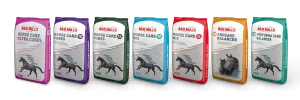
Temperament & Gastric Health
The stallion’s diet may also need to be modified according to his temperament. Some stallions will get quite highly strung during the breeding season and will run or walk their paddock or box, whilst others will quietly graze and relax. Most stallions will thrive on the traditional grain-based feeds such as Connolly’s RED MILLS Stud Mix or Stud Cubes. However, stallions that tend to be overly excitable or easily stressed will benefit from feeds that provide energy in a slow releasing format such as Connolly’s RED MILLS Horse Care Cubes, which are high in fibre and oil with lower levels of starch. The addition of an L-tryptophan based calming supplement such as Foran Equine Nutri-Calm Gel or Syrup can be immensely useful for stallions that tend to be anxious or easily stressed.
Due to their solitary lifestyle and restricted turnout stallions can be prone to gastric ulcers. Gastric ulcers can increase the incidence of aggression, stereotypies/vices and self-mutilation. The Connolly’s RED MILLS Horse Care Range has been specifically formulated to help maintain digestive health. As well as being low in starch all feeds in the Horse Care Range contain the unique RED MILLS Nutrition Care package which includes a long-lasting natural gastric acid buffer, protected yeast, and the prebiotics FOS and MOS to help support digestive health. Stallions prone to, or with a history of gastric ulcers, will also benefit from supplementation with Foran Equine Nutri-Gard Extra, a clinically proven powdered digestible fibre supplement with added prebiotics.
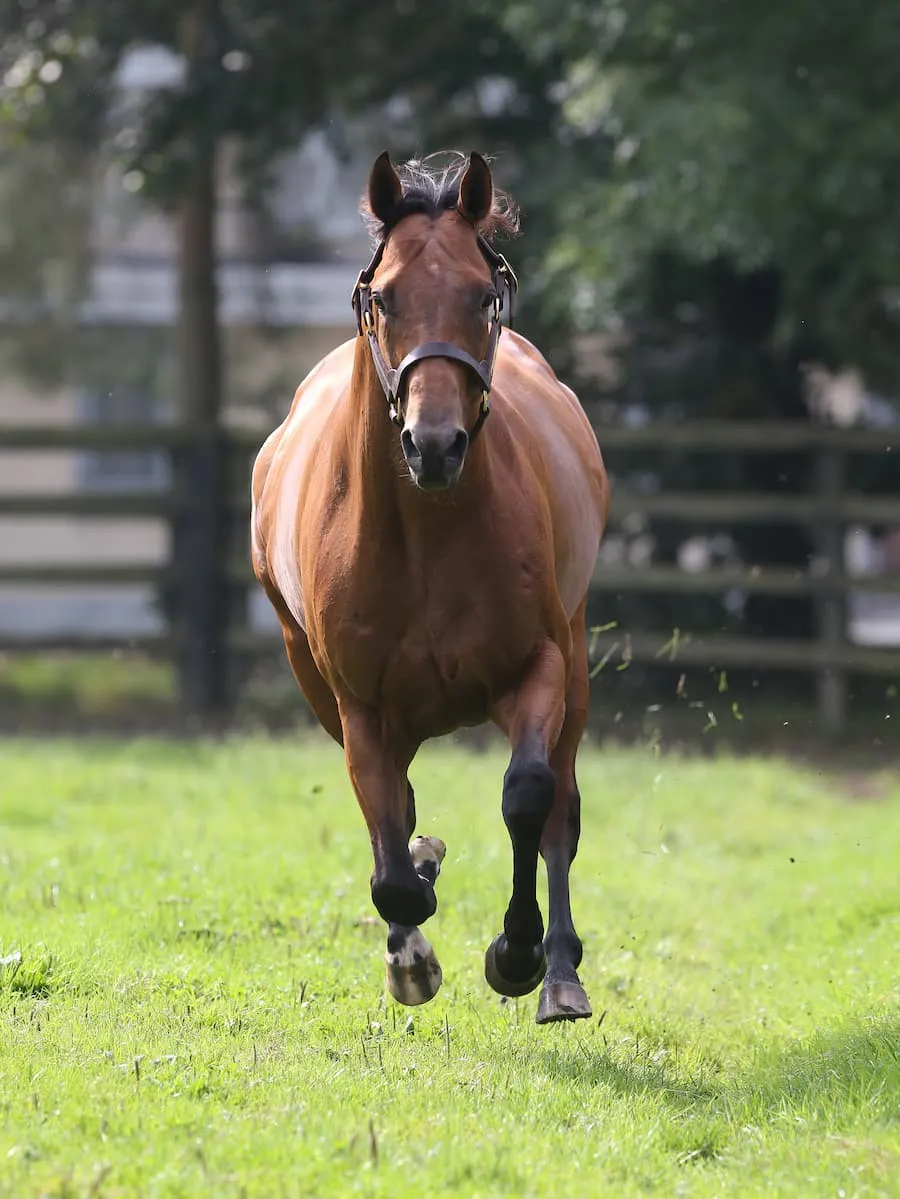
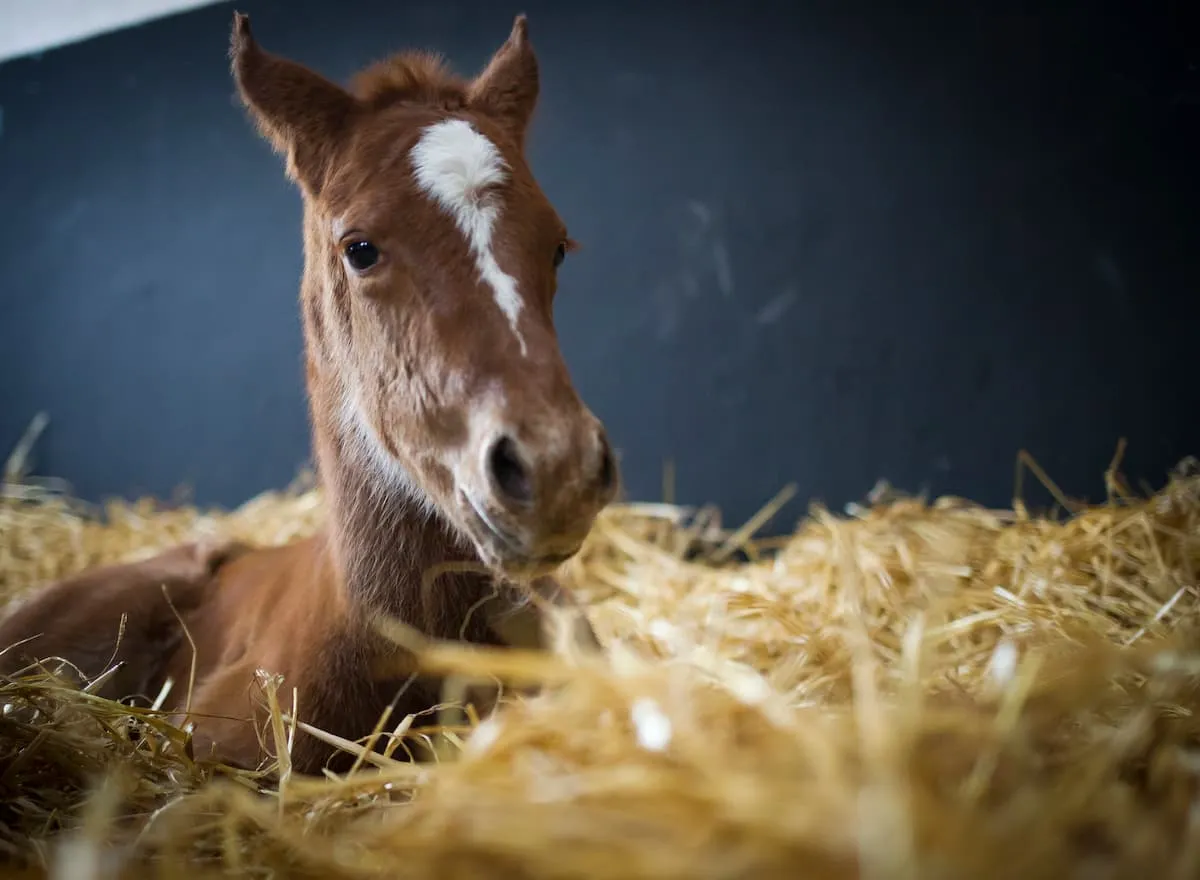
Fertility
For a stallion to be considered successful, they must have a good success rate of getting mares in foal. Despite the importance of fertility very little research has been done on the effect of diet on semen quality, however, a few studies do suggest certain nutrients may be of particular importance to a stallion’s fertility:
Omega 3 Fatty Acids
Research has highlighted that omega 3 fatty acids may be beneficial for breeding stallions. Sperm have a relatively high lipid (fat) content and changes in lipid composition of the diet may have implications for sperm physiology. In a recent study researchers found that providing supplementary omega 3 fatty acids to stallions with poor fertility increased the volume of sperm in the ejaculate and the number of good quality sperm in post-thaw semen.
Omega 3 fatty acids act as a natural anti-inflammatory and are also well known for supporting the immune system. The precursors to omega 3 fatty acids are naturally found in grass, however, because of their busy schedule, many stallions only have limited access to pasture. Therefore, providing additional omega 3 fatty acid may be beneficial. This can be easily achieved by top-dressing the feed with Foran’s Kentucky Karron Oil, a high quality emulsified flaxseed oil containing high levels of omega 3.
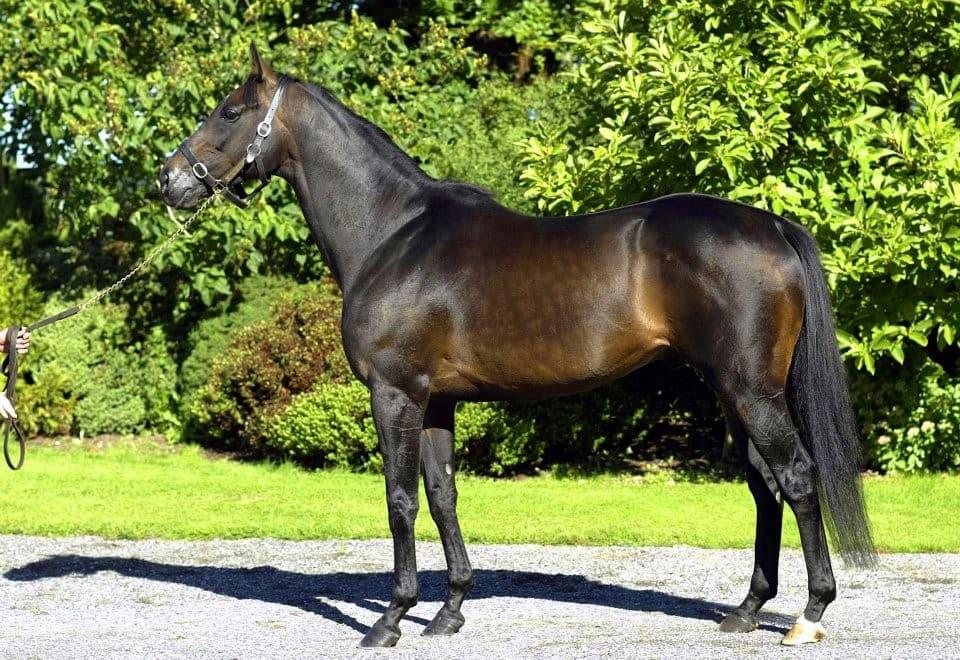
Antioxidants
Recent research into the use of supplements to aid a stallion’s fertility has focused on the effect of oxidative stress on equine sperm and seminal fluid. Oxidative stress can be defined as a disturbance in the balance between the production of reactive oxygen species (free radicals) and the ability of the body to counteract their harmful effects through neutralisation by antioxidants.
Equine sperm cells are particularly vulnerable to oxidative stress due to the remarkably high concentration of polyunsaturated fatty acids in their plasma membrane; as much as 30% more than other species. This makes them very vulnerable to lipid peroxidation – which follows from exposure to free radicals. Oxidative stress also damages the DNA that resides within the sperm cells and thus, even if the damaged sperm succeed in creating a conception by fusing with the ovum (or egg), the embryo can be so damaged as to prevent it being viable and thus result in early embryonic death and pregnancy failure.
Research in other species found a positive effect of supplementing with Vitamin E and Selenium on fertility. In addition, anecdotally low Vitamin E levels have been associated with stallions taking several attempts at a dummy or a mare and being slow to perform. All Connolly’s RED MILLS stud feeds contain optimal levels of Vitamin E and Selenium. Sub-fertile stallions may benefit from the addition of Foran Equine V.S.L to their ration.
Joint Health
Another common concern for stallions that are frequently covering is joint health, as repeated mounting of the mare or a dummy will place extra stress on the limbs, particularly the hind-limbs. Stallions suffering from hind-limb pain will typically become reluctant to mount and may take several attempts to successfully mount, which further exacerbates the problem. Several management strategies, such as ensuring a suitable surface in the covering shed or adjusting the height of the dummy mare, can help to reduce the strain placed on the hind-limbs during covering. The addition of a specific joint supplement such as Foran Equine Ost-o-Flex , particularly for busy or older stallions, may also be beneficial. Ost-O-Flex is a source of glucosamine, a key component of cartilage, plus MSM and marine collagen to help maintain joint mobility.
Breeding stallions can face considerable reproductive demands. Some first-season sires commence covering before they are fully three years of age. In addition, very successful, proven sires can frequently cover four mares a day at the peak of the breeding season and may continue breeding into their later years when fertility inevitably declines. To support fertility stallions must receive a well-balanced diet. Targeted nutritional intervention, including supplementing with omega 3 fatty acids, optimal dietary antioxidants and a Ubiquinol supplement, such as Foran Equine FOR-REPRO, may also be particularly beneficial for certain categories of stallions.
Paul Croke, Stallion Manager, Irish National Stud
Related Products
Contact our sales team via WhatsApp or email

Nicolas Gaumerais
Group Commercial Manager GCC Region
Based in the UAE, Nicolas Gaumerais is the Commercial Manager of Connolly's RED MILLS Group which includes Connolly's RED MILLS horse feeds and Foran Equine supplements sold in the GCC region. Nicholas regularly travels across the Gulf to meet customers.

Dominic Bligh
Group Commercial and Technical Executive GCC Region
Alternatively, reach out to Dominic Bligh who offers nutritional & technical support for Connolly's REDMILLS Feed and Foran Equine supplements. Dominic is also the Commercial Manager for Foran Equine Supplements. He regularly visits client's stables in the Middle East to advise on bespoke feeding programmes.
